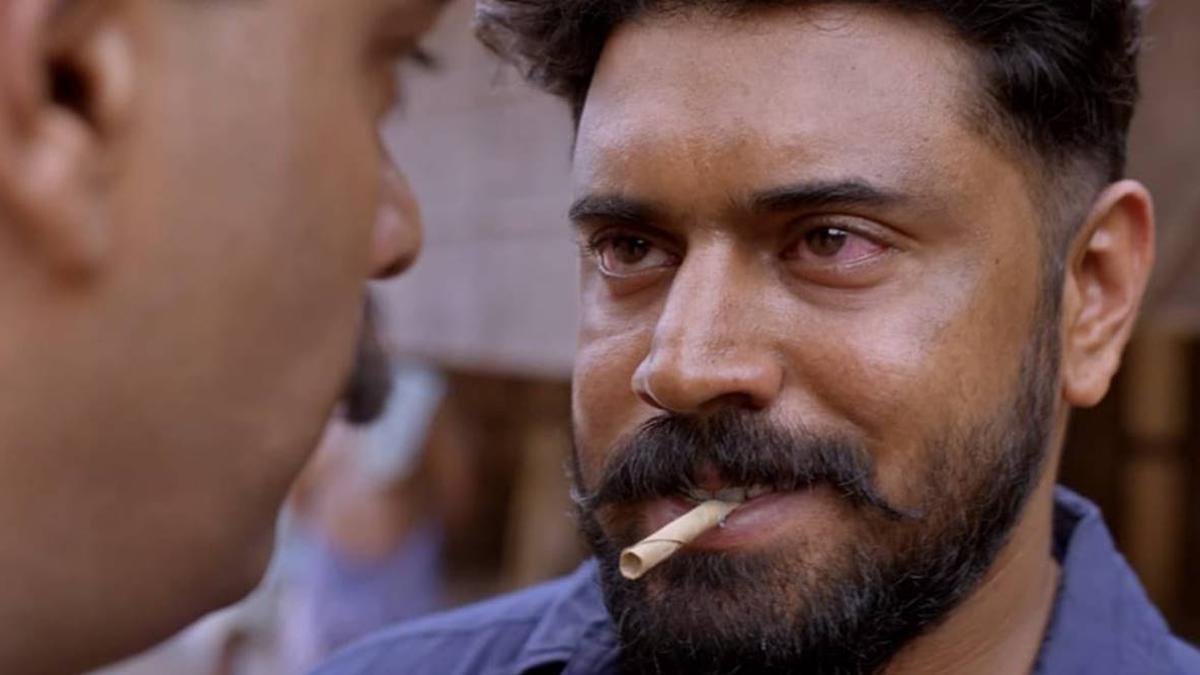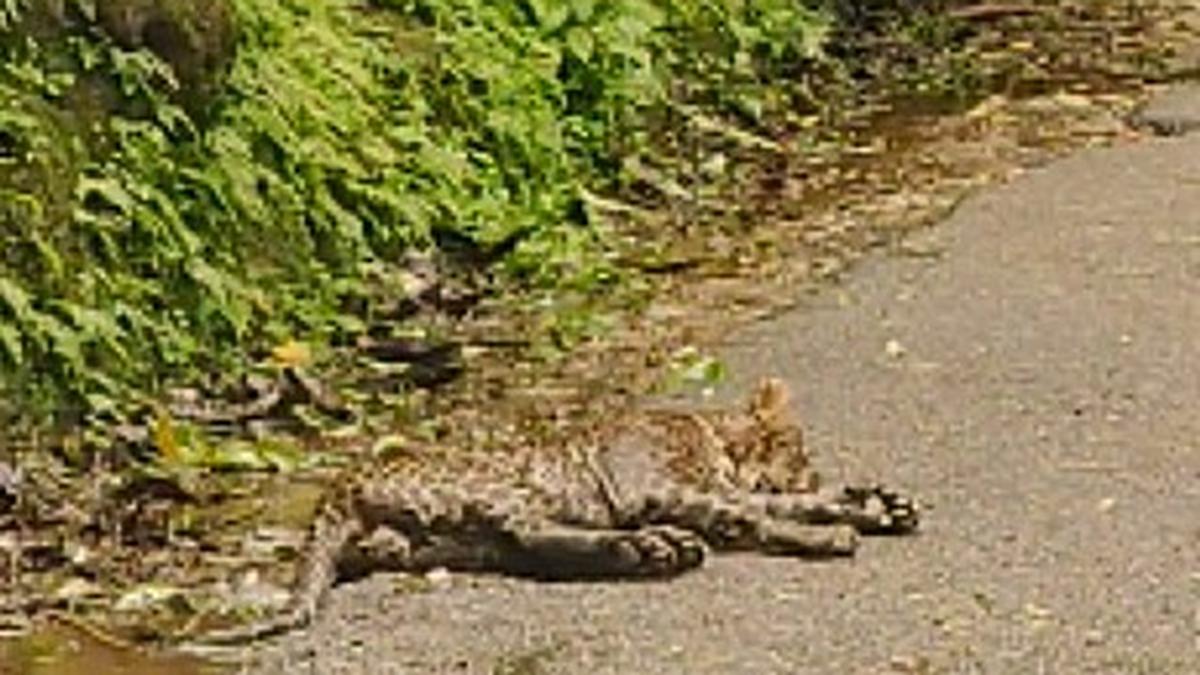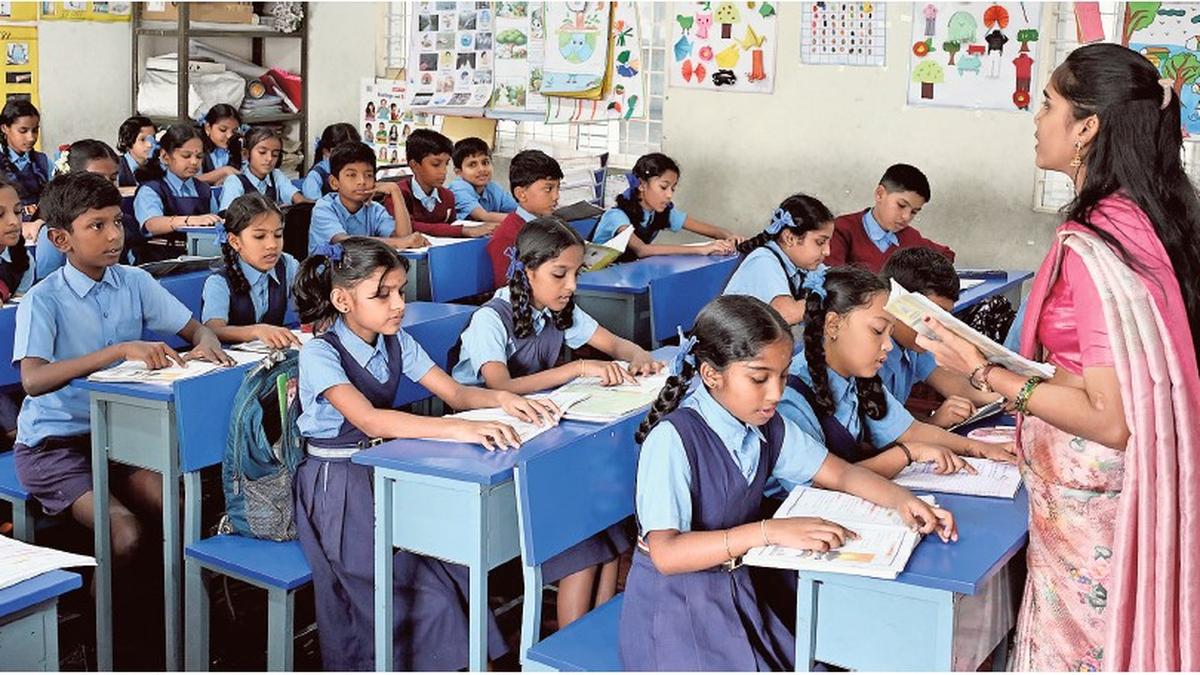School dropouts increase as child labour becomes rampant in tribal areas on hills bordering Kozhikode, Malappuram districts
School dropouts increase as child labour becomes rampant in tribal areas on hills bordering Kozhikode, Malappuram districts
Tribal children of schoolgoing age are being increasingly exploited by employing them for labour in some plantations in the hilly areas of Nilambur. Little children are made to work along with their parents and paid half the wages. Some of them are less than 10 years of age. Many of them did not even take their annual school examinations held in March.
Abuse of tribal children in the name of employment has been found in the Kakkadampoyil, Akampuzha, Vendakkampoyil, Akampadam, Idivenna and Valanthodu areas falling under Chaliyar, Koodarinji and Urangattiri grama panchayats bordering Malappuram and Kozhikode districts. The Hindu spoke to several children and their parents and found that they are being exploited.
Some of the children looked malnourished and admitted that they used to get country liquor from a local bootlegger. They start drinking from the age of six or seven and become addicts before they turn 18. “Liquor is the main factor that makes a section of the tribespeople, including their children, fall prey to exploitation,” said Aju Koloth, chairman, Mithra Jyothi Tribal Development Foundation, an NGO working among the tribal community.
The tribal children are being used mainly for clearing the bushes in plantations, plucking areca nuts, and work in banana farms and resorts. In recent years, many resorts sprung up on the Kakkadampoyil hills beckoning tourists from different parts of the State.
A group of tribal children returning after their work in a plantation near Kakkadampoyil.
| Photo Credit: SAKEER HUSSAIN
“I get ₹400 and my younger brother ₹300 day,” said a 13-year-old boy whom this reporter found working on a barren hill named Punnoos Kunnu. Local people said the rocky land belonged to a retired high-ranked police officer and the work was supervised by another retired policeman.
When tribal men are paid ₹600-700 a day, women are given only ₹500 and children ₹300-400. A good part of the money they get through hard labour goes to the local bootlegger who secretly distils in a cave on a steep hill inside the forest. When this reporter reached the cave after a strenuous climb, no trace of liquor could be found. An elderly couple sitting on the giant rock gave a wry smile.
A tribal family from Pothukallu has been found camping on a piece of land below the Punnoos Kunnu without any shelter. There are half a dozen children in the group, which is brought mainly for work in the plantation. They used to sleep by the fire they make at night. “This place is relatively safe. No elephants here. A leopard had killed a cow sometime ago,” said Anita.
A tribal child at work in the hot sun at a plantation near Kakkadampoyil. He skipped his school in February.
| Photo Credit: SAKEER HUSSAIN
Mr. Koloth said the authorities did not act in spite of repeated complaints he made about the child labour. “We complained to the District Child Protection Unit and also to Scheduled Tribes Development Department director T.V. Anupama. But none of them responded proactively,” said Mr. Koloth.
Ms. Anupama told The Hindu that efforts are on to ensure 100% enrolment in schools. “We are addressing the complaint about the increasing school dropout by trying to plug it. Bringing the tribal children back to school is the best way to address the issue of child labour,” she said.






